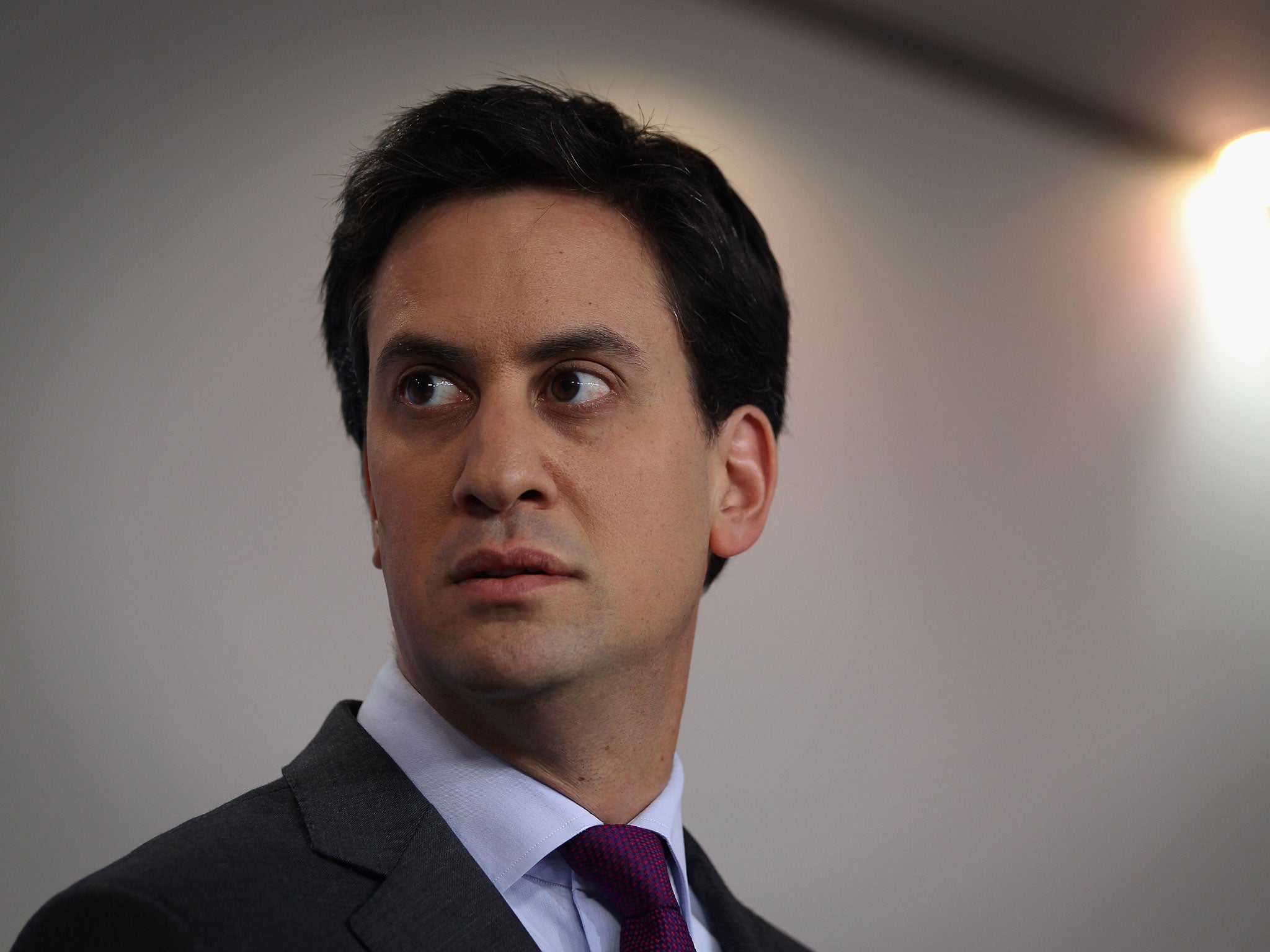When being accurate is not quite the same thing as being truthful
You can report someone’s words and still misrepresent them


We endeavour for accuracy in our journalism. Yet it will not always happen. Human error might cause a point to be misunderstood and therefore miscommunicated to readers. Occasionally, a reporter is told something which seems completely reasonable but which turns out not to be true.
Ethical codes and the law recognise the potential for things to go wrong, which is why they place emphasis not on having to be right, but on taking suitable care to avoid errors. But beyond the realm of technical correctness, there are more subtle questions about how information can be presented in a way that is accurate but potentially misleading.
Up to a point, of course, every judgement about what details to include in a particular story is subjective, as are decisions about which aspects ought to be given primacy. Crime statistics are a perennial example. Last week, figures showed that recorded offences in England and Wales had fallen to their lowest level in 34 years. Less positively, reported rapes and other sexual crimes had increased. Both facts are true but if a newspaper reported the apparent rise in sex assaults without mentioning the broader statistics, would that render its coverage inaccurate? Certainly not by a strict analysis. Misleading? Well, that depends on your point of view.
Another area where accuracy does not always equate to clarity is in reported speech. When we speak there is context to our words. If a politician talks for two or three minutes – or answers a series of questions – they are likely to make a number of connected points. However, when it comes to covering their remarks, media outlets will naturally cherry-pick the important bits, or at least the eyebrow-raising aspects.
A couple of Saturdays ago, The Independent reported criticisms of Ed Miliband’s leadership, noting that members of his own party had started to raise questions about his performance. Jack Straw, we said on our front page, had made "disparaging remarks", referring to Mr Miliband ‘…as having “panda eyes and strange lips'…".
The former Home Secretary had indeed said those words and it was a striking description (even if a little rich coming from the man who bears a remarkable resemblance to the Demon Headmaster). But as we said later in our report, on an inside page, Straw had actually been discussing his party leader’s qualities when he added: “I know people say he’s got panda eyes and strange lips. Well I could make the same remarks in different ways about Mr Clegg or Mr Cameron.”
When read as a whole, our article would not have misled readers: they would have understood the full context of Mr Straw’s comments. But anyone who saw the front page and failed to read on might well have been left with an impression that was at best ambiguous, even though none of it was technically wrong.
The pitfalls of stock images
Stock images play a significant role in news publishing. After all, we do not have a vast bank of photographers standing by to send us new and unique pictures to accompany every story.
Last week, independent.co.uk ran a review of a book by Shlomo Sand in which he argues that the only viable Jewish identity is one that is fully religious. A library image of two Orthodox Jews at prayer complemented the piece. One reader complained that the picture perpetuated a Jewish stereotype and was thus offensive.
I find it hard to agree that the picture was inappropriate, given the context of the piece. But it shows the pitfalls of using photographs that are obviously from a generic collection. Even when they are a perfectly good fit, some readers may conclude that we are deliberately type-casting.
Will Gore is Deputy Managing Editor of The Independent, i, Independent on Sunday and the Evening Standard

Join our commenting forum
Join thought-provoking conversations, follow other Independent readers and see their replies